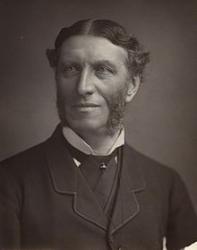Please give today to support Hymnary.org during one of only two fund drives we run each year. Each month, Hymnary serves more than 1 million users from around the globe, thanks to the generous support of people like you, and we are so grateful.
Tax-deductible donations can be made securely online using this link.
Alternatively, you may write a check to CCEL and mail it to:
Christian Classics Ethereal Library, 3201 Burton SE, Grand Rapids, MI 49546


 My Starred Hymns
My Starred Hymns




